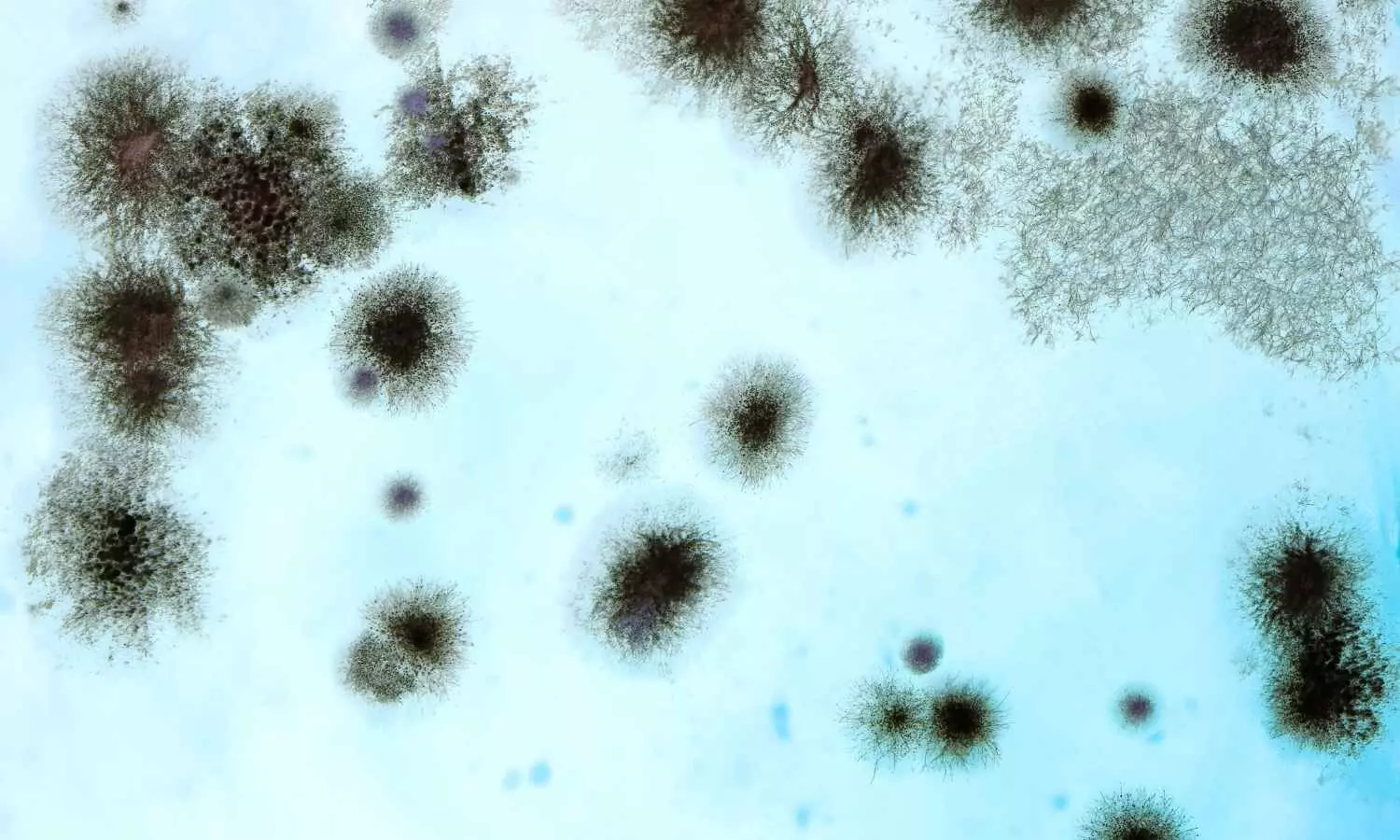Study Shows Fungal Spores in the Air Can Help Predict Flu and COVID-19 Surges

New Delhi: Imagine if the surrounding air could warn you about upcoming flu or COVID-19 outbreaks. A new study presented at ASM Microbe 2025 reveals that monitoring fungal spores in outdoor air can help predict increases in flu and COVID-19 cases, especially in the fall.
"By monitoring the air we breathe, we may be able to better forecast and prepare for seasonal outbreaks of respiratory viral infections," said Félix E. Rivera-Mariani, Ph.D., associate professor at Lynn University and founder of the RIPLRT Institute.
The study looked at data from 2022 to 2024 in two health regions of Puerto Rico, San Juan and Caguas. Researchers compared daily cases of COVID-19 and flu with levels of airborne fungal spores and pollen. They used models to check if high levels of these environmental factors could predict infection spikes within a week.
Results showed that higher fungal spore levels were linked to more flu and COVID-19 cases shortly after. This pattern was strong in both regions, especially during fall. Pollen levels did not predict infection surges.
"The findings from our study suggest that monitoring airborne fungal spore levels could help predict short-term outbreaks (spikes) of flu and COVID-19, giving public health systems an early warning signal. Our findings also highlight the potential role of environmental factors, not just person-to-person spread, in contributing to the incidence of respiratory viral infections. That could open new doors for targeted public health alerts, especially in areas with high outdoor airborne fungi," Rivera-Mariani said.
Puerto Rico was a good place for this study because it has year-round fungal and pollen exposure and monitoring stations in both Caguas and San Juan.
"These findings may help inform environmental risk alerts, particularly for vulnerable populations like the elderly or those with asthma and allergic rhinitis," Rivera-Mariani added.
The researchers plan to study if fungal spores also relate to severe illness like hospitalizations or deaths, and if similar trends happen in other places. Rivera-Mariani said, "We also hope to collaborate with local health agencies to explore incorporating fungal surveillance into existing outbreak forecasting systems."


